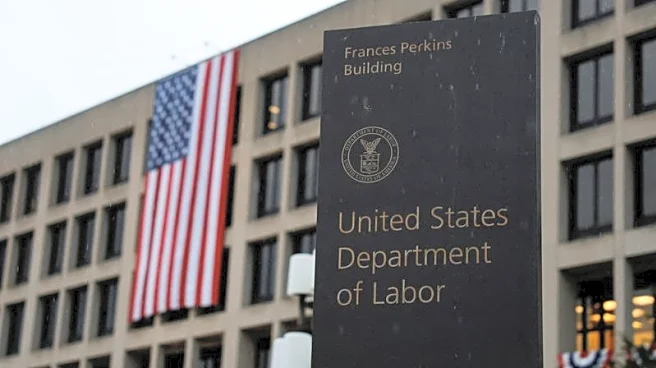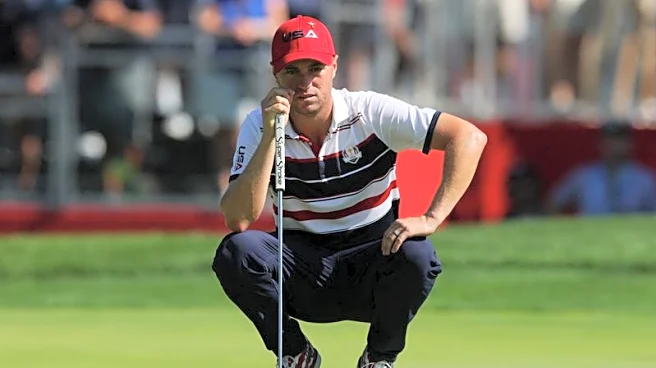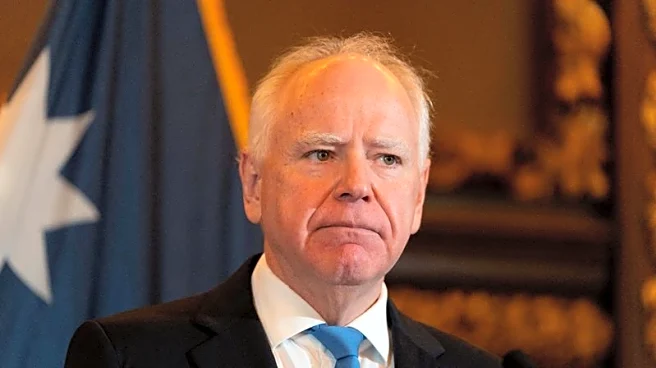What's Happening?
Former NFL quarterback Bernie Kosar has successfully undergone a liver transplant after a prolonged wait for a suitable donor organ. Kosar, who has been diagnosed with cirrhosis of the liver and Parkinson's
disease, faced multiple medical procedures last week due to internal bleeding. The transplant was initially scheduled for last weekend but was delayed due to an infection in the donor organ. Kosar expressed relief and optimism following the surgery, stating he is feeling good and looking forward to recovery. Kosar, a former Cleveland Browns star, has maintained a positive outlook despite his health challenges, often sharing updates and humor with his fans.
Why It's Important?
Kosar's successful liver transplant is a significant milestone in his ongoing battle with serious health issues. The procedure not only offers him a chance at improved health but also highlights the importance of organ donation and the challenges associated with waiting for a transplant. Kosar's situation underscores the critical need for awareness and support for those awaiting transplants. His positive attitude and public updates have rallied support from fans and the broader community, showcasing the impact of public figures in raising awareness for health-related causes.
What's Next?
Following the successful transplant, Kosar will be closely monitored to ensure there is no rejection or infection. The next 48 hours are crucial for his recovery, as stated by his friend Jim McCarthy. Kosar's progress will be watched by his fans and supporters, who have been actively sending prayers and well-wishes. The Browns organization, including owners Dee and Jimmy Haslam, have shown support, which Kosar has acknowledged and appreciated. Continued updates on his recovery are expected as he navigates this critical post-surgery period.
Beyond the Headlines
Kosar's journey through his health challenges and the recent transplant highlights broader issues in healthcare, particularly the complexities of organ transplantation. It raises ethical and logistical questions about organ donation systems and the support structures available for patients undergoing such life-altering procedures. Kosar's public engagement and the support he receives also reflect the cultural significance of sports figures in advocating for health awareness and community support.










